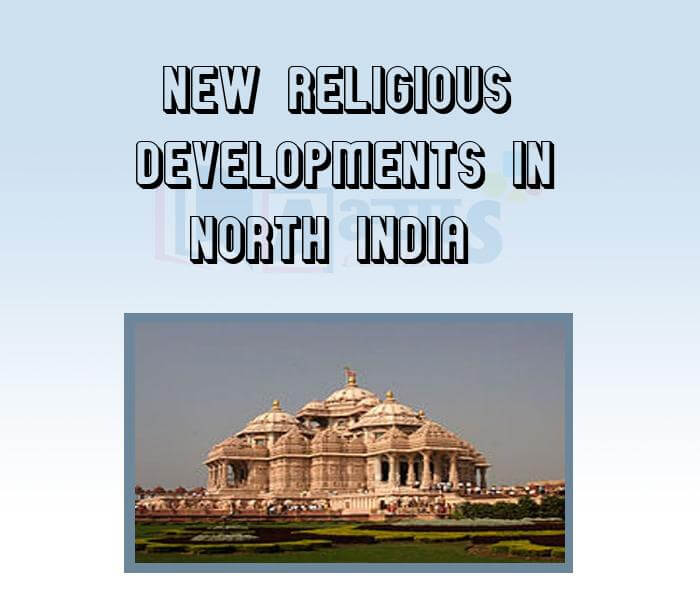New Religious Developments in North India












New Religious Developments in North India
New Religious Developments in North India: During the thirteenth century, a new wave of the Bhakti movement began in north India. This was an age when Islam, Brahmanical Hinduism, Sufism, various strands of Bhakti, and the Nathpanths, Siddhas, and Yogis influenced one another. Ordinary people such as craftspersons, peasants, traders, etc.
The Indo-Islamic strands have been woven into the texture of India by interwining _______ traditions. | |||
| Right Option : A | |||
| View Explanation | |||
Who rejected all orthodox religions ? | |||
| Right Option : A | |||
| View Explanation | |||
During the thirteenth century a new wave of the _________________ began in North India. | |||
| Right Option : B | |||
| View Explanation | |||
Students / Parents Reviews [10]
Abhyas Methodology is very good. It is based on according to student and each child manages accordingly to its properly. Methodology has improved the abilities of students to shine them in future.

Manish Kumar
10thBeing a parent, I saw my daughter improvement in her studies by seeing a good result in all day to day compititive exam TMO, NSO, IEO etc and as well as studies. I have got a fruitful result from my daughter.

Prisha Gupta
8thIt was a good experience with Abhyas Academy. I even faced problems in starting but slowly and steadily overcomed. Especially reasoning classes helped me a lot.

Cheshta
10thIt has a great methodology. Students here can get analysis to their test quickly.We can learn easily through PPTs and the testing methods are good. We know that where we have to practice

Barkha Arora
10thMy experience with Abhyas academy is very good. I did not think that my every subject coming here will be so strong. The main thing is that the online tests had made me learn here more things.

Hiya Gupta
8thAbout Abhyas metholodology the teachers are very nice and hardworking toward students.The Centre Head Mrs Anu Sethi is also a brilliant teacher.Abhyas has taught me how to overcome problems and has always taken my doubts and suppoeted me.

Shreya Shrivastava
8thAbhyas is a complete education Institute. Here extreme care is taken by teacher with the help of regular exam. Extra classes also conducted by the institute, if the student is weak.

Om Umang
10thMy experience was very good with Abhyas academy. I am studying here from 6th class and I am satisfied by its results in my life. I improved a lot here ahead of school syllabus.

Ayan Ghosh
8thI have spent a wonderful time in Abhyas academy. It has made my reasoning more apt, English more stronger and Maths an interesting subject for me. It has given me a habbit of self studying

Yatharthi Sharma
10thIt was good as the experience because as we had come here we had been improved in a such envirnment created here.Extra is taught which is beneficial for future.
